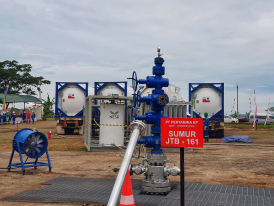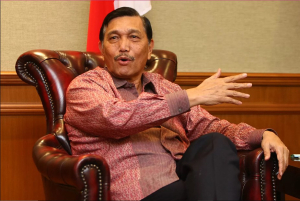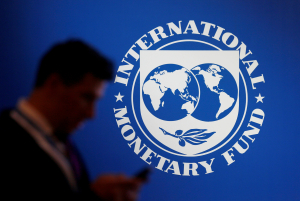Geely and BYD considering EV investment in Indonesia
Luhut Binsar Pandjaitan, the Coordinating Minister for Maritime Affairs and Investment, revealed that Chinese electric vehicle (EV) manufacturer Geely, and BYD is interested in contributing to the EV ecosystem and development in Indonesia.
Geely interested in establishing production facilities in Indonesia
Geely, the third-largest EV manufacturer in China, has expressed interest in Indonesia's offer to supply nickel ore, a primary raw material for EV batteries, in exchange for establishing production facilities in the country.
Indonesia is actively developing its electric vehicle ecosystem, providing fiscal incentives for electric motorcycles, incentives for new electric vehicle purchases, and incentives for electric vehicle conversions. The government is also inviting foreign EV manufacturers to invest in Indonesia.
In the case of Geely, Minister Luhut proposed a joint research project for EV production in Indonesia. The research project, led by Indonesian experts and scholars, including those from institutions like the Bandung Institute of Technology (ITB) and the University of Indonesia (UI), will aim to produce Indonesian-branded EVs. Geely has expressed its willingness to collaborate on the research.
Luhut anticipates that the research process will be completed by 2025-2026, allowing Indonesia to have its own brand of electric vehicles. The initiative aligns with Indonesia's efforts to accelerate the adoption of electric vehicles and promote sustainable transportation.
BYD to tap in Indonesia's EV ecosystem
Minister Luhut also revealed discussions with Chinese EV giant BYD, which is interested in participating in Indonesia's electric vehicle battery ecosystem.
BYD is waiting for the Indonesian government to issue incentives and regulations to support its investment plans.
The government is considering various incentives to boost the demand for electric motorcycles and cars, including reducing the value-added tax (VAT) from 11% to 1%.
These incentives aim to attract investors and stimulate domestic demand for electric vehicles, creating a supportive environment for the development of electric vehicle batteries and related industries.
The goal is to accelerate the transition to electric vehicles, with incentives playing a crucial role in driving both local and foreign investment in Indonesia's electric vehicle ecosystem.
Already have an account? Sign In
-
Start reading
Freemium
-
Monthly Subscription
30% OFF$26.03
$37.19/MonthCancel anytime
This offer is open to all new subscribers!
Subscribe now -
Yearly Subscription
33% OFF$228.13
$340.5/YearCancel anytime
This offer is open to all new subscribers!
Subscribe now





